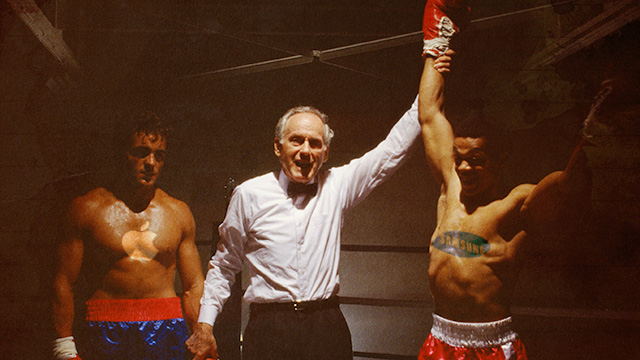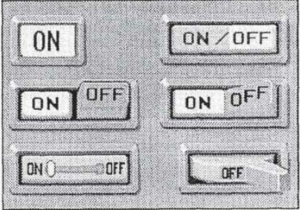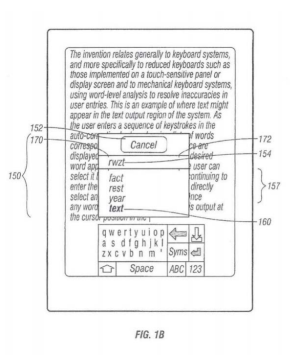
Apple's second high-profile patent win against Samsung was appealed, just as the first was. And in an opinion (PDF) published today, a panel of appeals judges entirely wiped out Apple's victory and its $120 million verdict.
The new decision found that out of three different patents Apple became famous for winning with, one wasn't infringed and two of them are invalid.
The '647 patent described how to turn phone numbers and other software "structures" into links, allowing users to take actions like calling a number with one "click" rather than copying and pasting. The jury awarded Apple $98.7 million based on that patent, but the appeals judges today held that the patent wasn't infringed at all. They held that "Apple failed to prove, as a matter of law, that the accused Samsung products use an 'analyzer server' as we have previously construed that term."
Appeals judges also invalidated one of Apple's most consistently ridiculed patents, the '721 "slide to unlock" patent. Jurors awarded $3 million based on infringement of that patent, but the appeals panel said the patent is invalid because of prior art.
The appeals court was convinced by two pieces of prior art for "slide to unlock." First, there was the Neonode N1, a Microsoft-powered touchscreen phone that pre-dated Apple's iPhone by a few years. Samsung lawyers trotted out a "Quickstart Guide" for that phone, which instructed its users to "right sweep to unlock" the phone. However, the phone didn't have "a moving image associated with the gesture."
But that missing step had also been disclosed well before the iPhone unveiling. Samsung pointed to a paper and accompanying video presented at a 1992 "computer-human-interactivity conference." That paper, by a research scientist named Catherine Plaisant, describes a variety of on/off switches that could be used in a touchscreen environment, pictured below. The controls include a "slider toggle" that could be moved with a finger.

Apple argued that a "skilled artisan" wouldn't have combined those two references, because the Plaisant paper described wall-mounted devices, while the Neonode reference was about phones. The appeals judges disagreed, writing that one would "naturally turn to references like Plaisant to find solutions." They invalidated the patent as obvious.
Finally, the judges considered the '172 patent on Apple's "autocorrect" feature. That was held invalid in light of prior art, too. Apple lawyers didn't claim their client invented auto-correction entirely, but they alleged that Samsung had copied Apple's method of doing it.
"Prior to the copying, the Samsung phones automatically corrected the typed text as the user typed," noted the appeals judges. "On the iPhone, the correction was made only after the user 'accepts or hits space.'" However, in the judges' view that exact feature had been disclosed in an earlier patent numbered 7,880,730.

Samsung had counter-sued with two of its own patents. Apple was found to have infringed one of them, the '449 patent related to camera systems and image compression. That win was upheld, along with the jury's verdict that Samsung should get $158,400.
"We are delighted with the resounding victory from the U.S. Court of Appeals for the Federal Circuit, which found that two of Apple’s patents should never have been issued," a Samsung spokesperson said in a statement. "Today’s decision is a win for consumer choice and puts competition back where it belongs – in the marketplace, not in the courtroom."
The decision doesn't affect the results of the first trial. Samsung was finally forced to pay Apple $548 million after losing that one on appeal. That case is headed towards a third jury trial to re-consider certain damages issues.
The $120 million verdict was awarded by a jury in 2014 at the conclusion of a second trial over allegations of patent infringement in newer Samsung phones. While a $120 million verdict cannot be called small, the amount was about five percent of the $2.2 billion award that Apple lawyers asked for.
The second trial also resulted in an injunction against some older Samsung phones, which just went into effect eight days ago. Since there's no longer any patent infringement, today's opinion will presumably remove the injunction. The appeals court explained its seeming reversal by noting that its decision on the injunction issue "assumed infringement" and "did not address or resolve the merits of the underlying case that is now before us."
reader comments
159